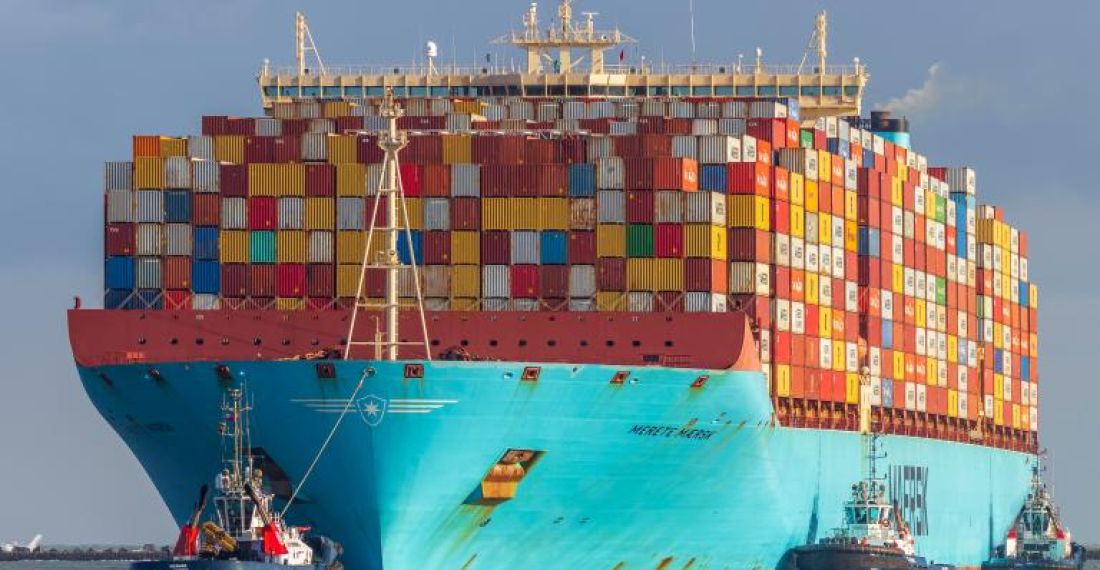Denmark's Maersk and German rival Hapag-Lloyd said their container ships would continue to avoid the Red Sea route that gives access to the Suez Canal following a weekend attack on one of Maersk's vessels.
Both shipping giants have been rerouting some sailings via Africa's southern Cape of Good Hope as Yemen-based Houthi militants attack cargo vessels in the Red Sea. The disruption threatens to drive up delivery costs for goods, raising fears it could trigger a fresh bout of global inflation.
Maersk had on Sunday paused all Red Sea sailings for 48 hours following attempts by Houthi militants to board the Maersk Hangzhou. U.S. military helicopters repelled the assault and killed 10 of the attackers.
"An investigation into the incident is ongoing, and we will continue to pause all cargo movement through the area while we further assess the constantly evolving situation," Maersk said in a statement.
"In cases where it makes most sense for our customers, vessels will be rerouted and continue their journey around the Cape of Good Hope."
Maersk had more than 30 container vessels set to sail through Suez via the Red Sea, an advisory on Monday showed, while 17 other voyages were put on hold.
Hapag-Lloyd said its vessels would continue to divert away from the Red Sea — sailing instead via Africa's southern tip — until at least January 9, when it will decide whether to continue rerouting its ships.
The Suez Canal is used by roughly one-third of global container ship cargo. Redirecting ships around the southern tip of Africa is expected to cost up to $1 million extra in fuel for every round trip between Asia and northern Europe.
The Maersk Hangzhou, which was hit by an unknown object during the weekend attack, was able to continue on its way.
The Iran-backed Houthis, who control parts of Yemen after years of war, started attacking international shipping in November in support of Palestinian Islamist group Hamas in its war with Israel in the Gaza Strip.
That prompted major shipping groups, including Maersk and Hapag-Lloyd, to stop using Red Sea routes, instead taking the longer journey around the Cape of Good Hope.
But after the deployment of a U.S.-led military operation to protect ships, Maersk had said on December 24 that it would resume using the Red Sea.
source: commonspace.eu with agencies







